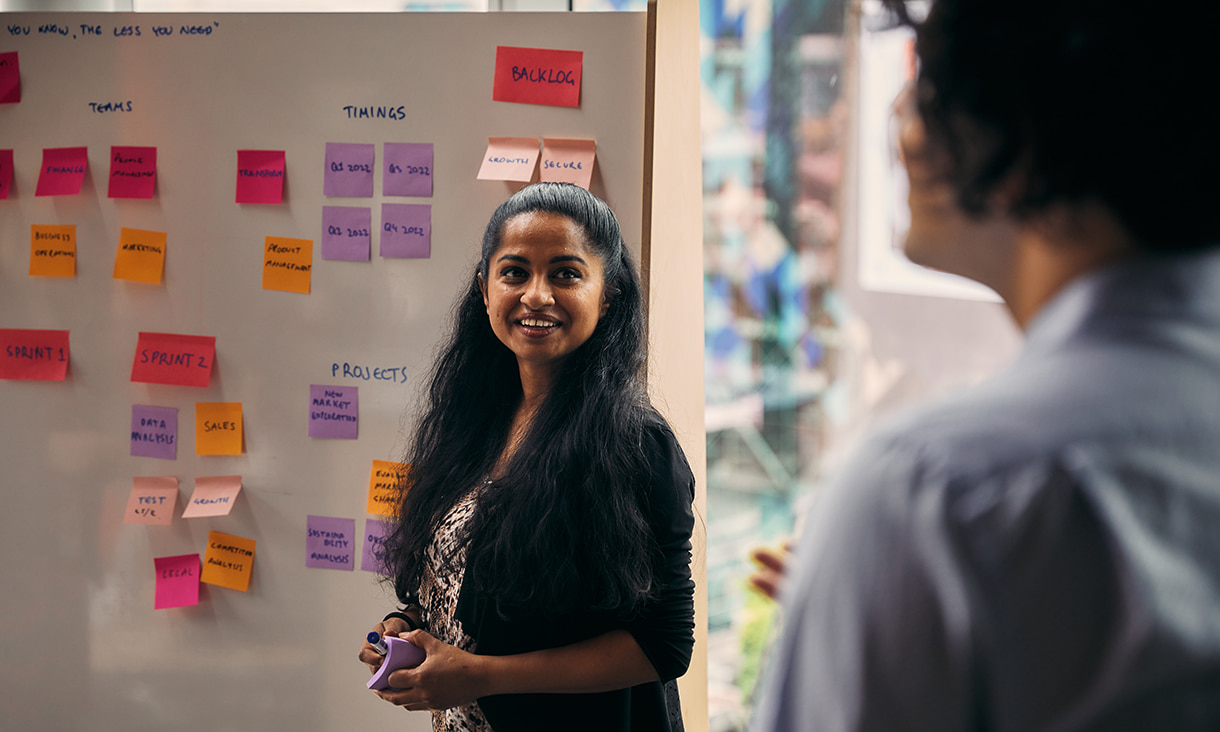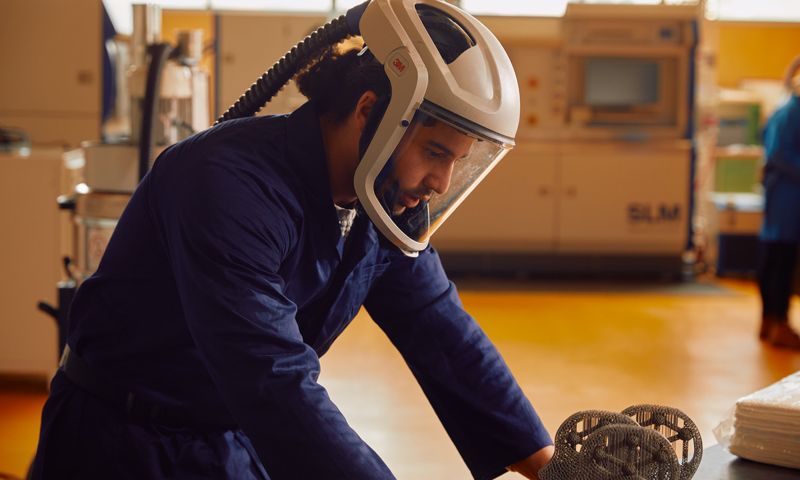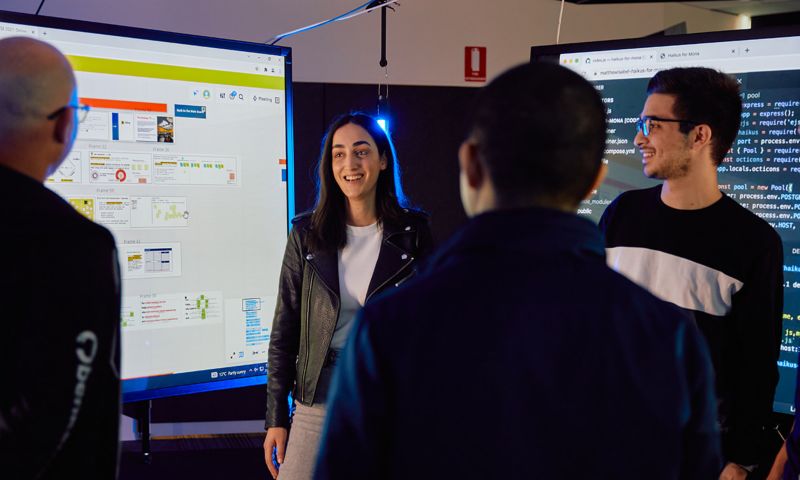The job market is guided by innovation and technological advancement. In years past, it was the advent of the internet; today, it is artificial intelligence. Regardless of what technology is shaking up the world, it’s always the early adopters who get ahead of the curve, and employers are very aware of this. The World Economic Forum reports that technological literacy is in the top six core work skills as identified by surveyed employers.5
Not only is this skill seen as vital to modern industries, but according to the same report, the desire for employees with general tech literacy will drastically increase in the next five years.
Develop the most in-demand IT skills
In the age of information, becoming a tech expert can help future-proof your career. Professionals with skills in key areas, such as cyber security, business IT, and artificial intelligence, are the human element that makes the future function.
With RMIT’s Bachelor of Information Technology, you can tailor your study and build a robust, tech-focused résumé. An IT course will evolve your tech literacy into expertise and open a doorway to the increasingly in-demand tech sector. According to Australian Minister for Industry and Science Hon. Ed Husic, there will be 1.2 million technology-related jobs in Australia by 2030.6









